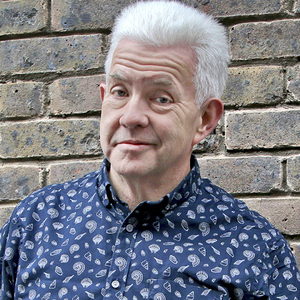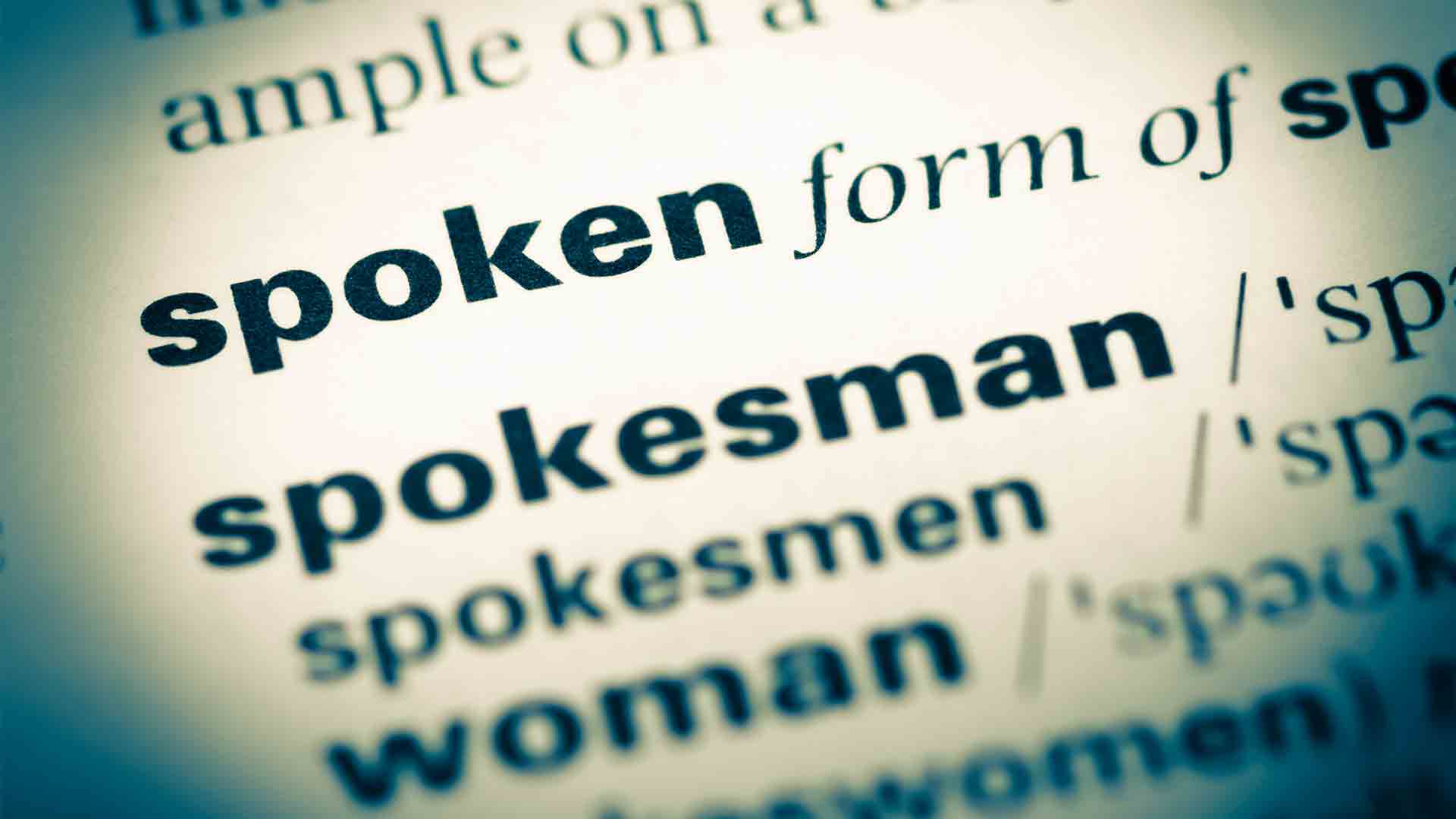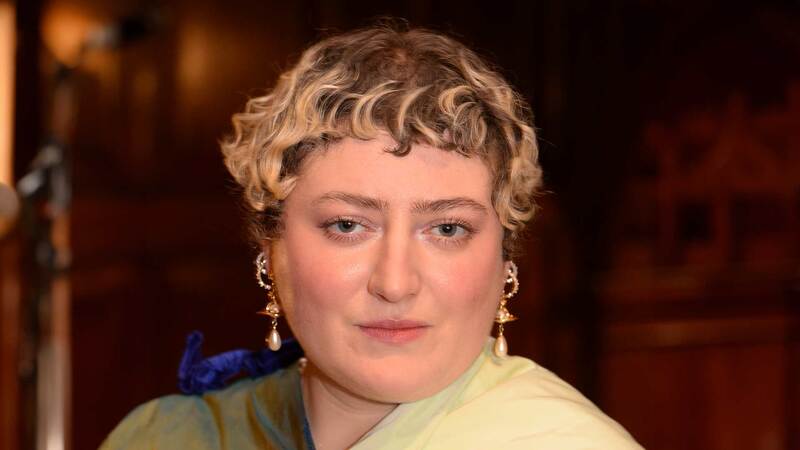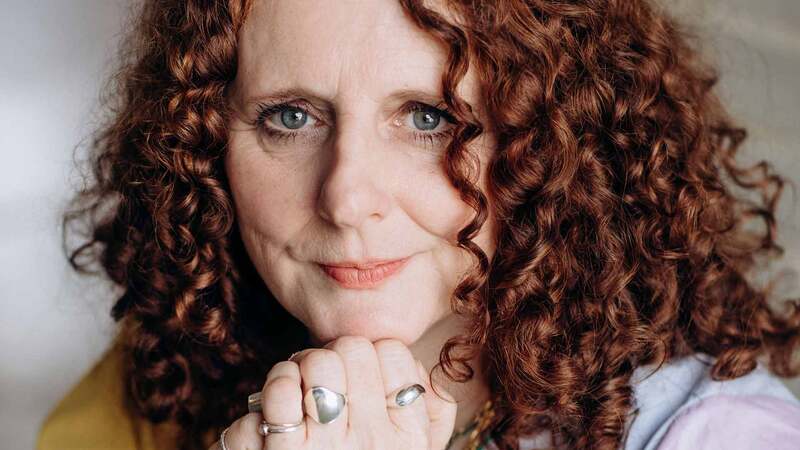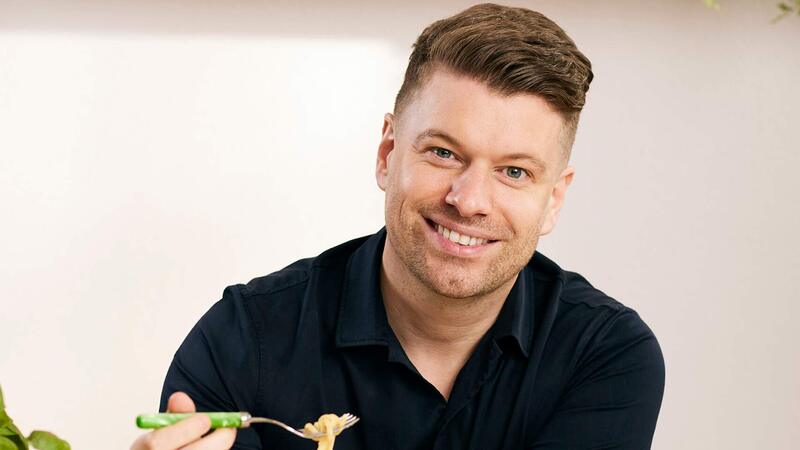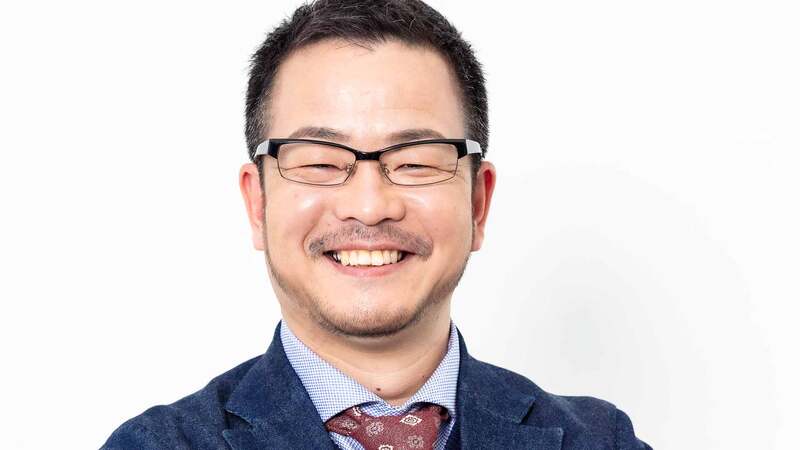You are viewing your 1 free article this month. Login to read more articles.
From surreal to vital: how spoken word has changed over 20 years of 'The Verb'
A scene that used to be local and quirky is now rich, resonant and diverse.
This is a story about two decades of "The Verb", the "cabaret of the word" that I’ve been presenting on Radio 3 for all that time, and it’s also a story of how the spoken word scene morphs and changes and reinvents itself—but these linked tales really begin in the mid-1980s in a pub in Sheffield.
I’d been performing my poems at singers’ nights in local folk clubs because there didn’t seem to be anywhere else in my part of South Yorkshire to stand and deliver your verse. At the time the scene for small poetry magazines was huge and vital, and one of my favourites was the Sheffield-based journal The Urbane Gorilla. In a letter (a letter!) from the editors I was invited as a subscriber to "A come-all-ye of readings and music. Bring a poem! Bring a story! Bring a song! Bring yourselves!" and so I found my way to The Red Deer and to the upstairs room where a man was reading his gas bill as his mate played the saxophone, and the audience either whooped or watched in gobsmacked silence. I knew then that I’d come home. This was what a cabaret of the word could be.
The spoken word scene has changed beyond all recognition. In my opinion there’s been a democratisation of the art, with diversity at its core. Voices of all kinds are being raised, telling vital stories that need to be told
Fast forward to late 2001. My ancient house-sized mobile phone rings; it’s Rob Ketteridge, a producer at BBC Radio 3. He asks me if I’d like to be considered for a new weekly programme on the station that’s going to be called "Saturday Speakeasy". It’ll be about language and literature; there will be performance and discussion. There will be commissions of new work and, he says ominously and excitingly, loads and loads of books to read. I’m a freelance and I always say yes, no matter what the question is, so I say yes—but when he rings off I’m scared to death and I almost wish I’d said no. But then I thought maybe, just maybe, I could reproduce those legendary Urbane Gorilla nights on the radio.
I’m tried out for the new show a few times; I call on my local radio mid-morning show experience to corral a studio of guests and incorporate the producer’s voice in my ear and eventually, gloriously, I’m chosen for the gig. In April 2002, I record the first show in London. It’s not called "Saturday Speakeasy" any more; that idea was dropped fairly quickly. Now it’s "The Verb".
That first show had the DJ and poet Charlie Dark on it, the poet Jackie Kay, the novelist Zadie Smith and Alastair Niven from The Arts Council, as it was then called. I was nervous but I hope it didn’t show. The then controller of Radio 3, Roger Wright, gave me a thumbs up from the other side of the glass. The first "Verb" went out late on a Saturday evening, just after the live "Opera From the Met in New York", and I sat up in a dressing gown waiting to listen to it. I wished the applause from the opera would just stop, but then I pretended it was for me and that was all right. The next day, in the Observer, Sue Arnold gave us a glowing review and I drew a deep breath and began to relax. Then I turned to the tottering pile of books I had to read for the next month’s worth of "Verbs".
And here we are, still around, 20 years on. In the "Verb Times", as future historians will call them, the spoken word scene has changed beyond all recognition. In my opinion there’s been a democratisation of the art, with diversity at its core. Voices of all kinds are being raised, telling vital stories that need to be told, and I want "The Verb" to always reflect that. We’ve championed The Verb New Voices, a stream of writers new to radio who have produced all kinds of work and who have often, such as the playwright Kamal Kaan and the grime artist Deborah Stevenson, gone on to make significant work in all kinds of genres and settings. We’ve commissioned hundreds of new poems, stories and performances and we’ve taken the show to festivals all over the country.
The platforms have changed, too; 20 years ago there were no Instagram poets or poets who worked on Twitter and we’ve celebrated these new means of distribution on "The Verb", beginning with MySpace (remember that?). There were more gatekeepers in the early days, too; it felt like a smaller group of people had their hands on the keys to the sacred halls of literature. These days self-publishing, zines upon zines and blogging have opened the doors and, again, "The Verb" has had its finger on that particular pulse.
We’ve not had anybody reading the gas bill as somebody plays the sax, though. Not yet, anyway. Maybe in another 20 years’ time!
BBC Radio 3–The Verb, presented by Ian McMillan, celebrates its 20th anniversary with a special programme on Friday 8th April. Listen here and on BBC Sounds.
